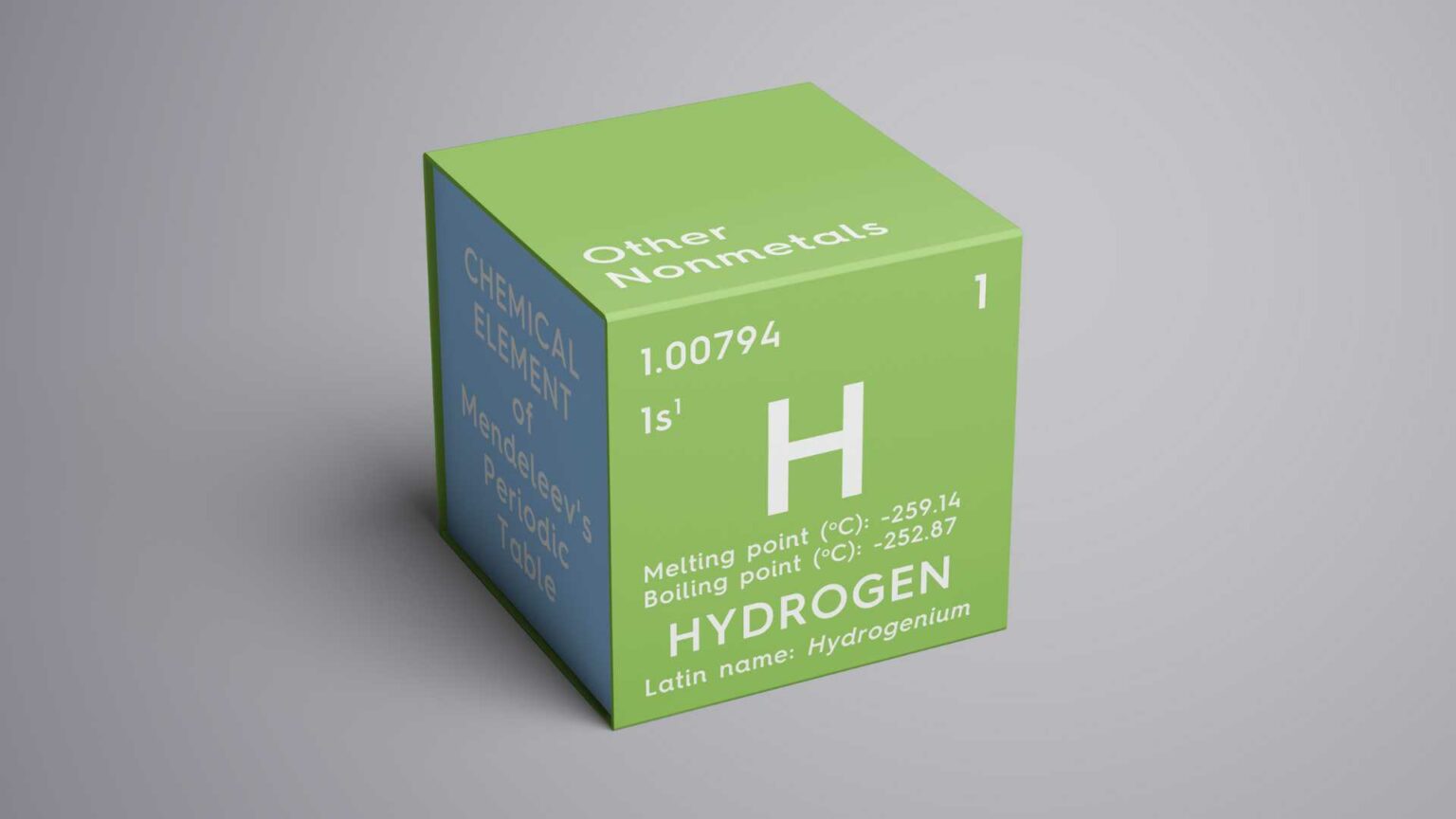Hy2gen Germany has acquired kiwi AG. This strategic move not only marks Hy2gen’s entry into the German market but also positions the company to harness the technical prowess of kiwi AG in the production of renewable hydrogen and its derivatives.
Hy2gen, recognized as a multifaceted entity involved in the financing, development, construction, ownership, and operation of plants dedicated to renewable hydrogen and hydrogen-based e-fuels, has set its sights on strengthening its foothold in Germany. The acquisition includes taking over kiwi AG’s operational production plant in Werlte, Germany—a facility distinguished as the world’s largest operating power-to-e-methane plant, boasting an impressive proposed power capacity of 6.3MW.
The strategic acquisition opens doors for Hy2gen, granting access to kiwi AG’s pipeline of projects. This pipeline, with a cumulative capacity of 300MW for electrolysis and methanation, positions Hy2gen at the forefront of renewable hydrogen production on a large scale. Beyond the infrastructural assets, the acquisition allows Hy2gen to tap into established industry connections and expand its network further.
The kiwi plant in Werlte strategically aligns with another significant Hy2gen project in Friesoythe, both located in proximity to various North Sea ports. This geographical advantage ensures rapid sales and distribution of renewable hydrogen and methanol to international customers.
Notably, the production of renewable hydrogen and methanol is slated to commence in Friesoythe under the project name NAUTILUS. Expected to kick off in Q4 2027, NAUTILUS aims to play a pivotal role in decarbonizing the shipping industry. The strategic location of both the Werlte and Friesoythe sites positions them as key players in providing green alternatives for maritime fuel, particularly given their proximity to North Sea ports.
In a forward-looking collaboration, Hy2gen inked a Memorandum of Understanding (MoU) with Amogy in November 2023. This collaboration focuses on renewable ammonia, exploring its potential as a maritime fuel. The partnership involves joint development projects and research initiatives aimed at ensuring the safe utilization of ammonia on maritime vessels.
